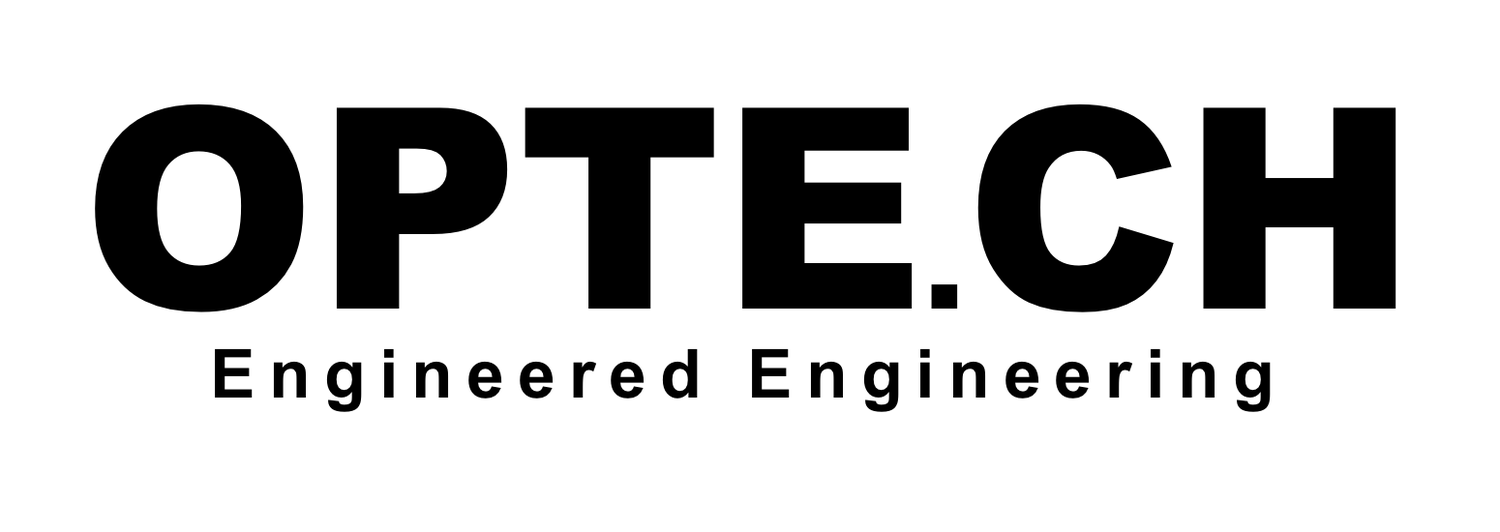The first, and by far the strongest, reason that Apple might not be in a rush to deploy a mobile payment/wallet solution is that the margins are extremely low. They're even lower if you're paying with a credit card since those companies already take a cut.
Google Wallet hasn't exactly taken off. Square is growing in larger cities, but it is far from ubiquitous. So why would Apple bother? If there isn't much money to be made and previous attempts are less than successful, what's to be gained?
Apple's strategies rely heavily on their ecosystem and stickiness to that ecosystem. Getting users into the walled garden, then keeping them there, is the Apple way. The other fundamental technique that Apple uses is to quietly and slowly introduce infrastructure or software or something subtle that no one pays much attention to, then a few years later - BOOM - it is the foundation of something big.
It worked with iTunes for the iPod, iPhone, App Store, and eventually the iPad. Once those credit cards were on file sales in the ecosystem kept growing, which grew the ecosystem, which sold more devices. Those successes have driven other parts of the business too as Mac sales continue to grow.
I think they began the next phase years ago. People noticed when they added Bluetooth LE (low energy) to the iPhone 4S in 2011, but it didn't make too many waves. Only the geeks noticed when iBeacon (BTLE) support was announced in iOS 7; sure the MLB is adopting it, but it isn't a household name. People noticed when they added TouchID to the iPhone 5s in 2013, and that one made waves but some argued it wasn't exactly profound.
What happens when you combine all of these though? You've got hundreds of millions of phones that already support BTLE. You've got an ultra-cheap infrastructure piece (iBeacon transceivers) that can very easily be deployed, or has been already. You've got 800 million credit cards already on file, and you've got lights-out security to authorize payments with TouchID. Suddenly a lot of the major problems have been solved.
Adoption is much less of an issue because the products that people already own will support it, they're already being used 24/7, and their credit card information is already plugged in. There is a level of trust with Apple that is higher than many other technology companies because Apple doesn't profit off of user data, in fact they profit off of NOT profiting off of user data. The same can't be said for all of the other players in this product segment.
The biggest speed bump here is that while phones as old as the 4S support BTLE, only the 5S (and presumably upcoming 6/6c) has TouchID. It isn't clear if they'd only roll out mobile payments to this latest set of hardware, or if they'd just require password authentication for older devices. However, I think their user-base (either way) is large enough that 2014 could be the year.
There is, without a doubt in my mind, no one better positioned than Apple to release a mobile payment solution that will finally break through.
Oh, and I'd say this meet's Tim Cook's "new product segments" promise, wouldn't you?



